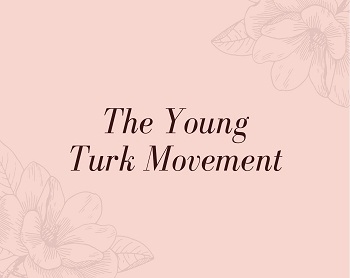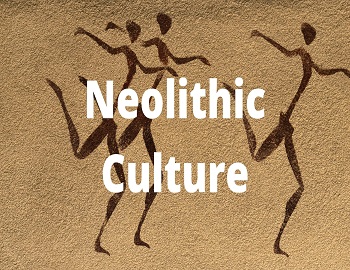The Young Turk Movement:
The revolutionary movement in Russia (1904-1905) had repercussions in Turkey. Kemal Pasha had long recognized the need for reform within the Ottoman Empire and as chief minister had put into effect several reform measures. But the Sultan Abdul Hamid II dismissed Kemal from office in 1896.
The reactionary policy of the Sultan aroused great discontent. A group of radical young men, known as the ‘Young Turks’, formed secret societies and tried to win over the armed forces to their cause. Their aim was to revive the liberal constitution of 1876 which the Sultan had discarded. The main force behind the Young Turks was Enver Bey, an army lieutenant, who with fellow officers organized the revolutionary “Committee of Union and Progress”.
In July 1908 this Committee executed a military coup at Salonica, revive the long-suspended Constitution of 1876 and marched to Constantinople. Abdul Hamid II, thoroughly frightened, gave way. He abolished censorship of the press and ordered elections on the basis of universal male suffrage. In December 1908 elections were held and the new Parliament at Constantinople.
The new Parliament lacked any political experience. Meanwhile, the Turkish Empire was on the verge of disintegration. Troops revolted in Arabia and Mesopotamia. In Albania and Macedonia situation was anarchical. Austria-Hungary and Bulgaria took advantage of the domestic difficulties of the Ottoman Empire and detached territories from its suzerainty. In October 1908 Austria-Hungary occupied Bosnia and Herzegovina. Simultaneously Bulgaria declared its independence. Abdul Hamid bided his time and staged a counter-revolution in April 1909. He occupied Constantinople and overthrow the government. But Enver and the Committee of Union and Progress rallied the army at Salonica and executed a second coup in April 1909. Abdul Hamid was deposed in favour of his younger brother, Mohammed V who became a tool at the hands of the Young Turks. The liberal cabinet of Kemal Pasha was supplanted by a Young Turk ministry and the Parliament became a National Assembly.
The Young Turks disappointed liberal and nationalist hopes by adopting the policy of Turkification. Turkish became the official language of the empire and all citizens were henceforth liable for compulsory military service. Non-Turks like the Muslim Arabs in Asia and the Christian peoples in the Balkans resisted the Turkish regime. In September 1911, Italy declared war against Turkey and seized Tripoli.









Comments (No)